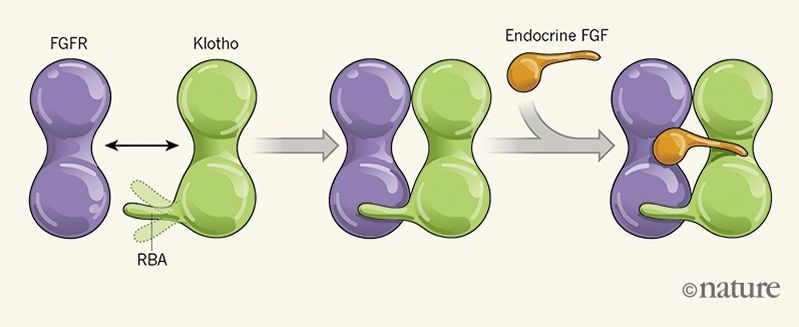
Since the Cambridge Analytica scandal erupted in March, Facebook has been attempting to make a moral stand for your privacy, distancing itself from the unscrupulous practices of the U.K. political consultancy. “Protecting people’s information is at the heart of everything we do,” wrote Paul Grewal, Facebook’s deputy general counsel, just a few weeks before founder and CEO Mark Zuckerberg hit Capitol Hill to make similar reassurances, telling lawmakers, “Across the board, we have a responsibility to not just build tools, but to make sure those tools are used for good.” But in reality, a confidential Facebook document reviewed by The Intercept shows that the two companies are far more similar than the social network would like you to believe.
The recent document, described as “confidential,” outlines a new advertising service that expands how the social network sells corporations’ access to its users and their lives: Instead of merely offering advertisers the ability to target people based on demographics and consumer preferences, Facebook instead offers the ability to target them based on how they will behave, what they will buy, and what they will think. These capabilities are the fruits of a self-improving, artificial intelligence-powered prediction engine, first unveiled by Facebook in 2016 and dubbed “FBLearner Flow.”
One slide in the document touts Facebook’s ability to “predict future behavior,” allowing companies to target people on the basis of decisions they haven’t even made yet. This would, potentially, give third parties the opportunity to alter a consumer’s anticipated course. Here, Facebook explains how it can comb through its entire user base of over 2 billion individuals and produce millions of people who are “at risk” of jumping ship from one brand to a competitor. These individuals could then be targeted aggressively with advertising that could pre-empt and change their decision entirely — something Facebook calls “improved marketing efficiency.” This isn’t Facebook showing you Chevy ads because you’ve been reading about Ford all week — old hat in the online marketing world — rather Facebook using facts of your life to predict that in the near future, you’re going to get sick of your car. Facebook’s name for this service: “loyalty prediction.”
Continue reading “Does Facebook Use AI To Predict Your Future Actions For Advertisers?” »


















